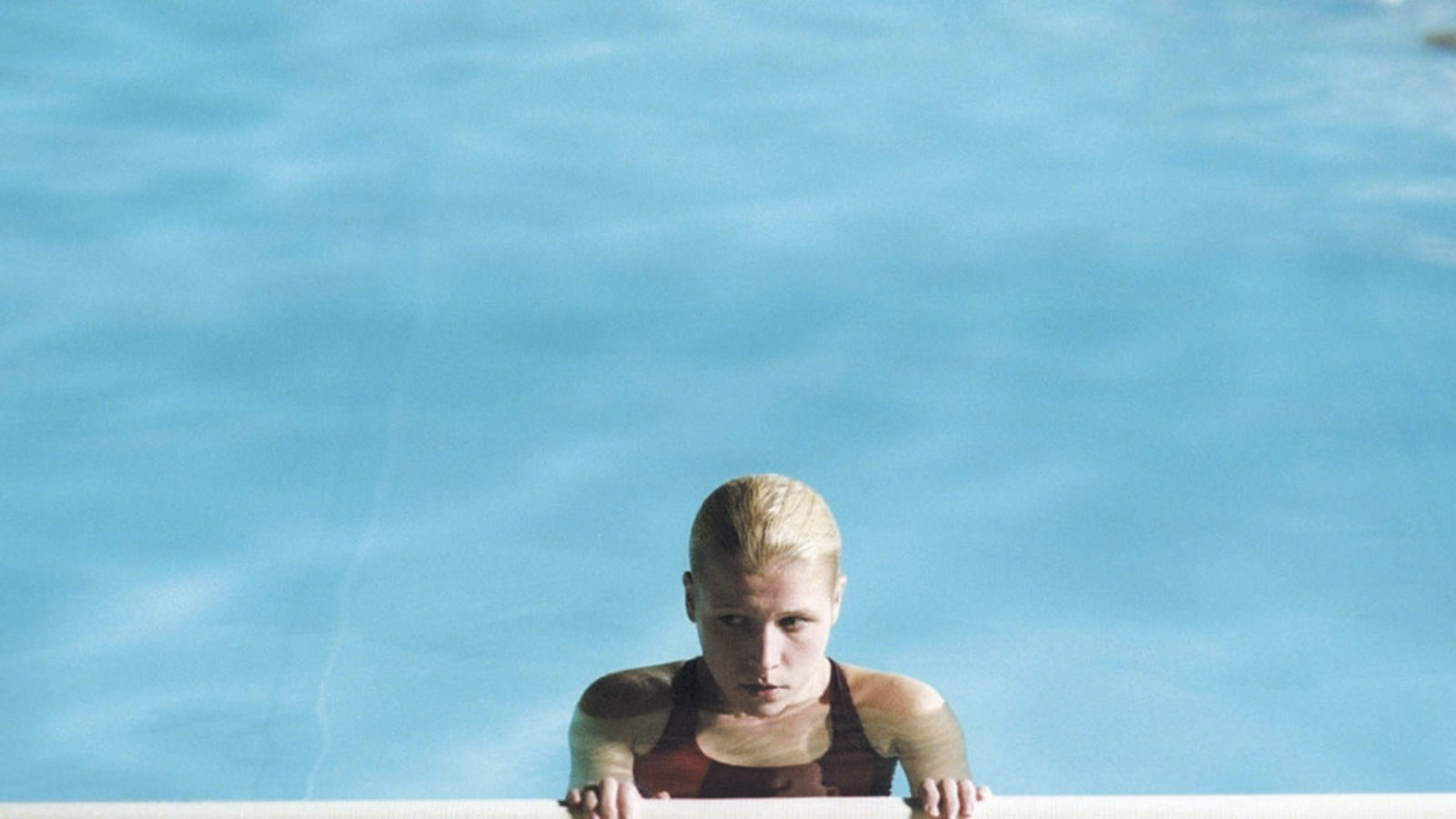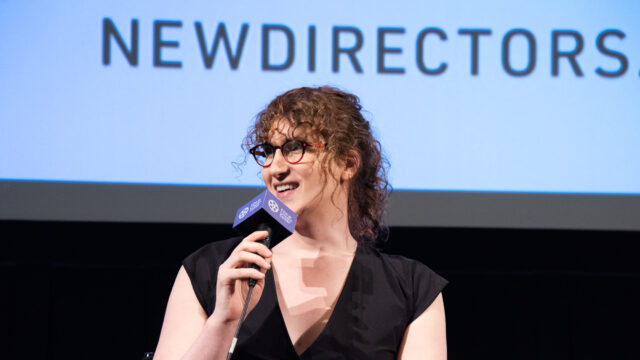Hotel

Hausner’s second feature is an insistently unsettling, vividly atmospheric psychological horror story whose remote Alpine setting evokes its protagonist’s own sense of isolation and vulnerability. Irene (Franziska Weisz) arrives at the titular establishment to take a job as a desk attendant, only to learn that her predecessor has disappeared under mysterious circumstances. Compelled to investigate the mystery, Irene finds that the other employees are unable or unwilling to answer her questions. The more she learns, the deeper her unease—and the greater her understanding that her new workplace guards secrets that might not want to be uncovered.
Jessica Hausner on Hotel:
Hotel is my most problematic film, in a way, because the reaction of the audience was quite controversial. Some people like the film, but a lot of people said the ending was missing; they couldn’t enjoy the fact that you cannot get any plausible explanations for what was happening. And I remember that back then I thought that was good and that was the only reason to make the film, to not give you any clue what it was about. [Laughs] But then with all the discussions with audiences after screenings, I more and more understood how little an audience is willing to take that. Most of the audience gave me a hard time because I started to think, “How will I be able to tell my stories in the future without disappointing the audience so much, but still not giving them the final clue?” And it took me quite a few years after Hotel before I came up with a new idea for a film because of that. Because I suddenly thought, “Okay, if that is what it’s like—if that is what an audience can take or cannot take then I have to rethink my filmmaking a little bit.” So after Hotel, my films still have very ambiguous endings, but you will find that those endings give you more clues how to interpret the story. Hotel is the most abstract of my films.
Read our full interview with the director here.






